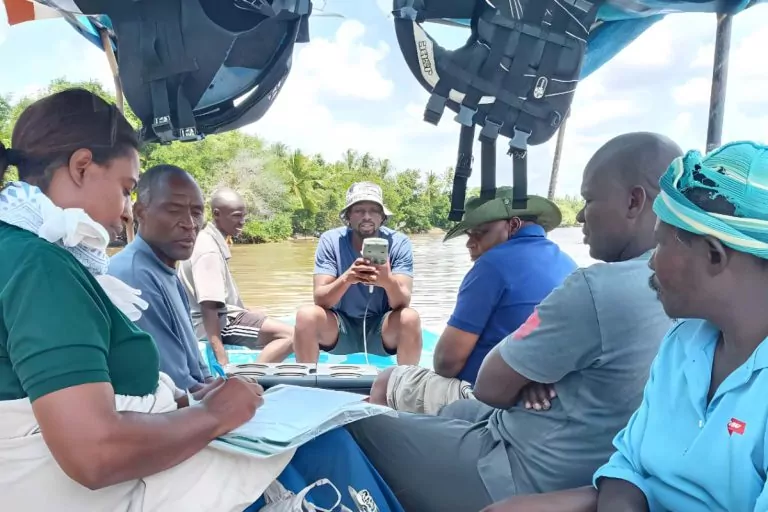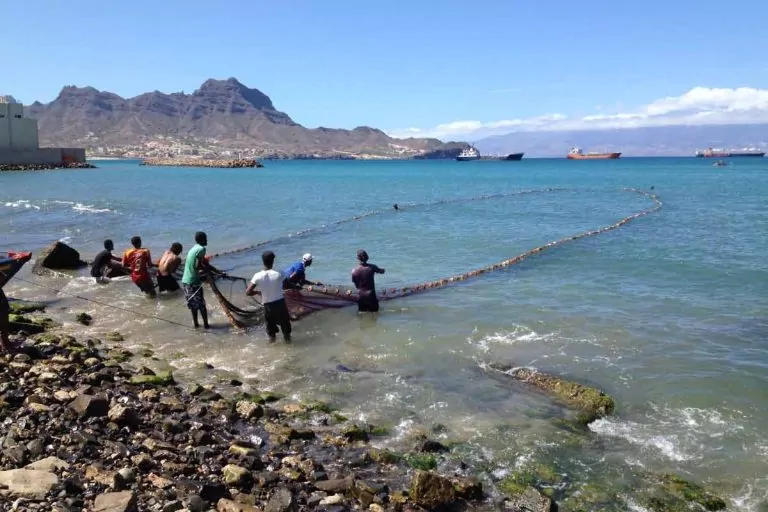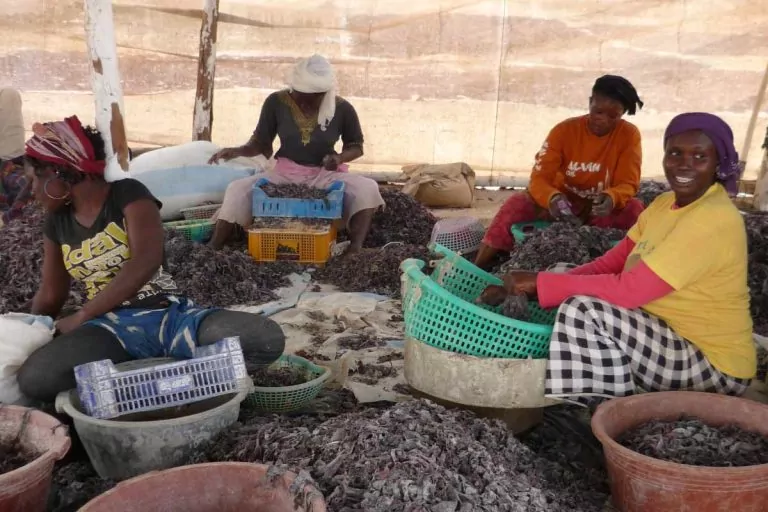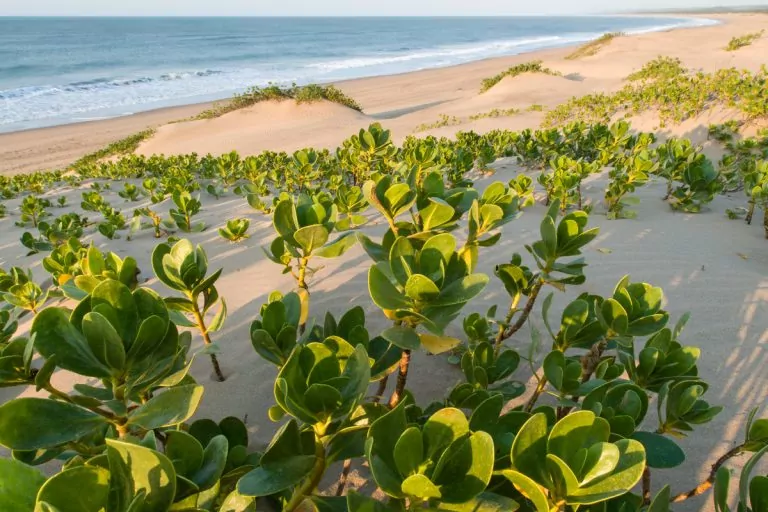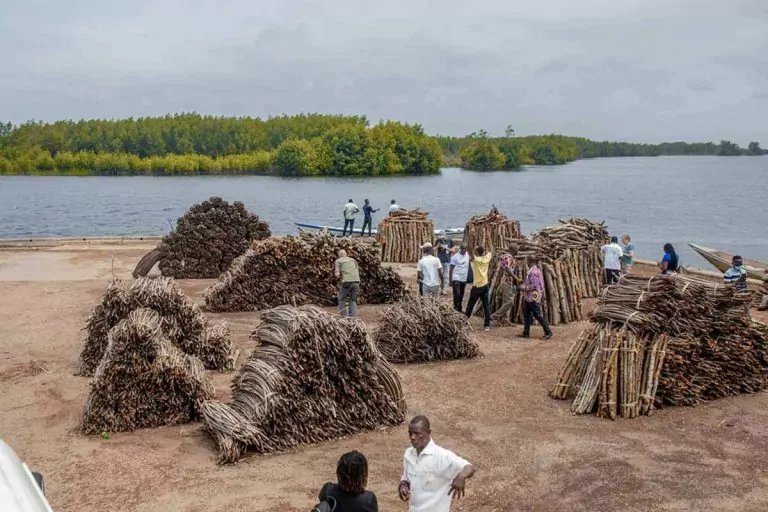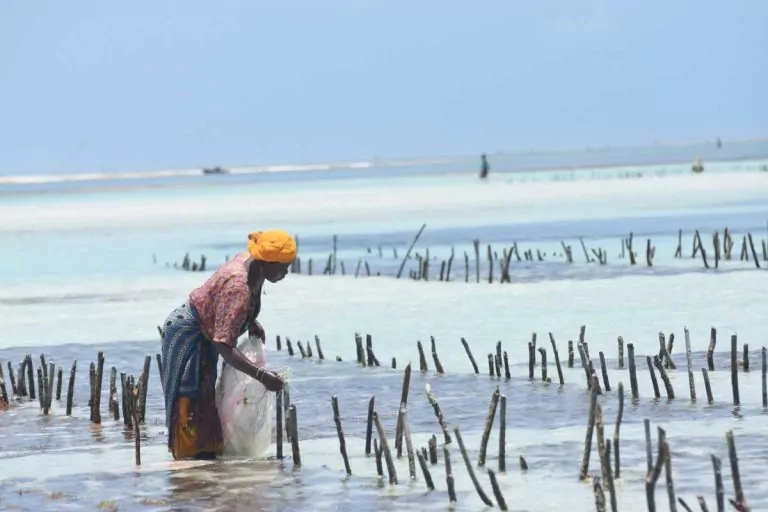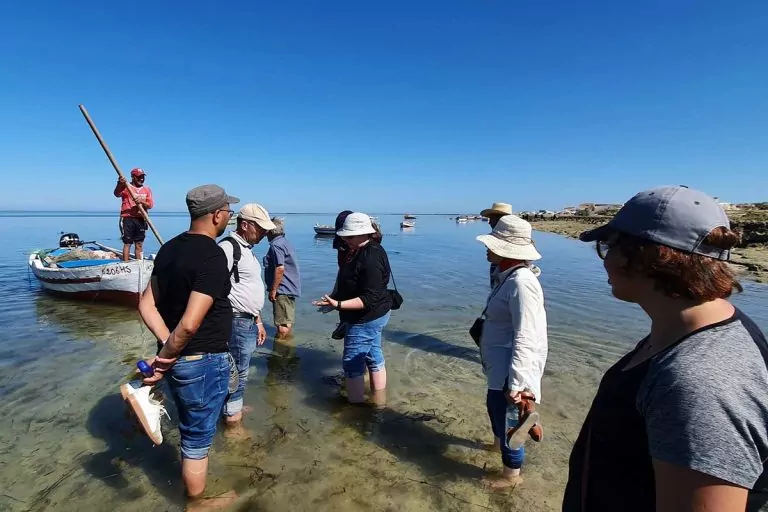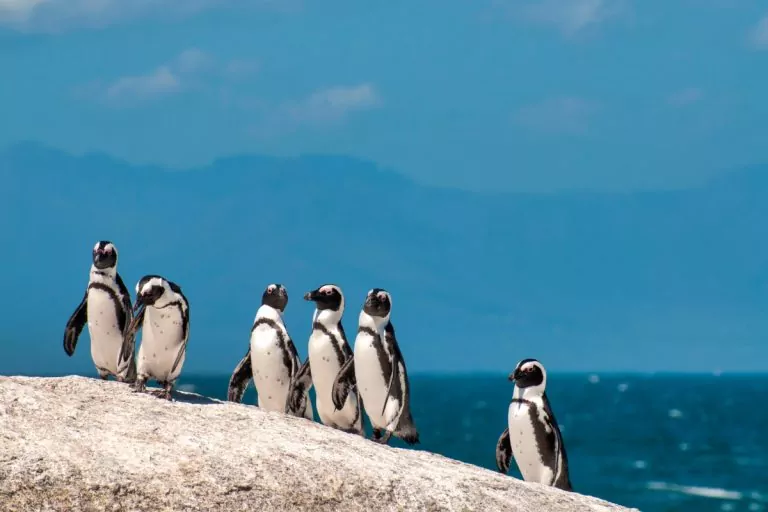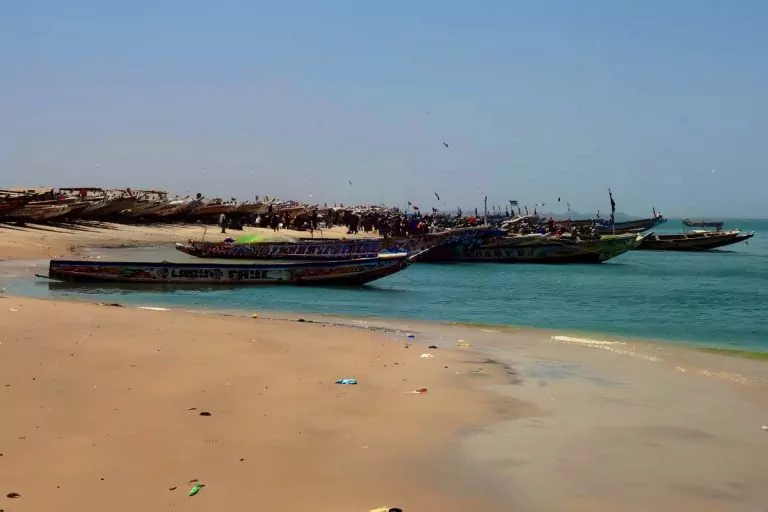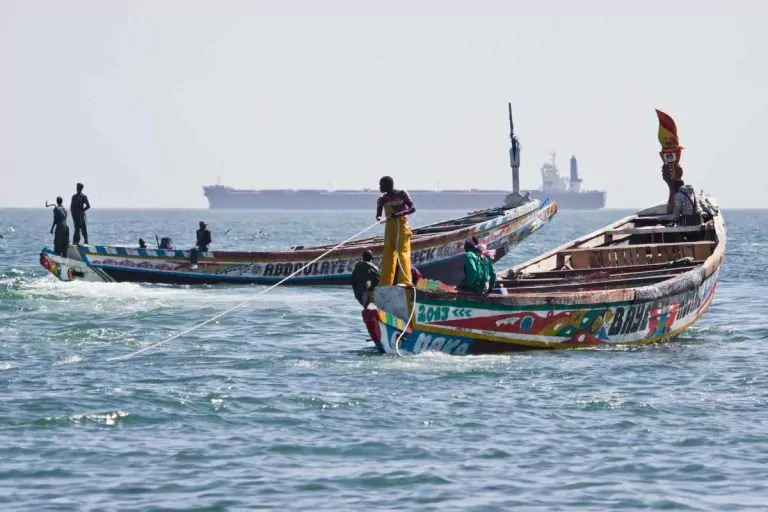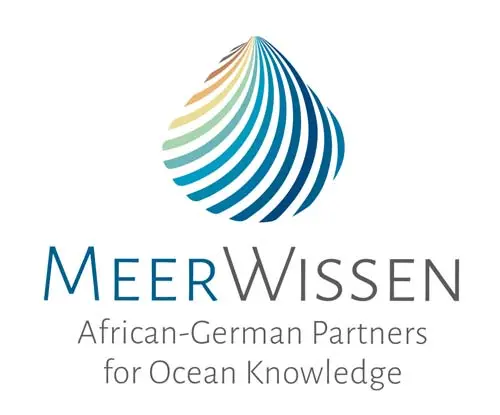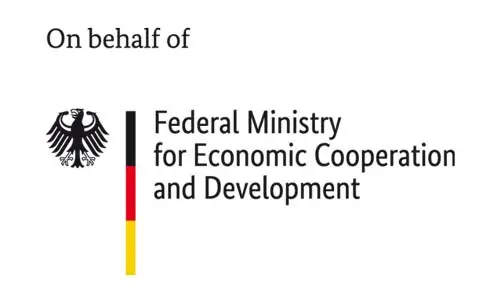The Importance of ocean observations and monitoring
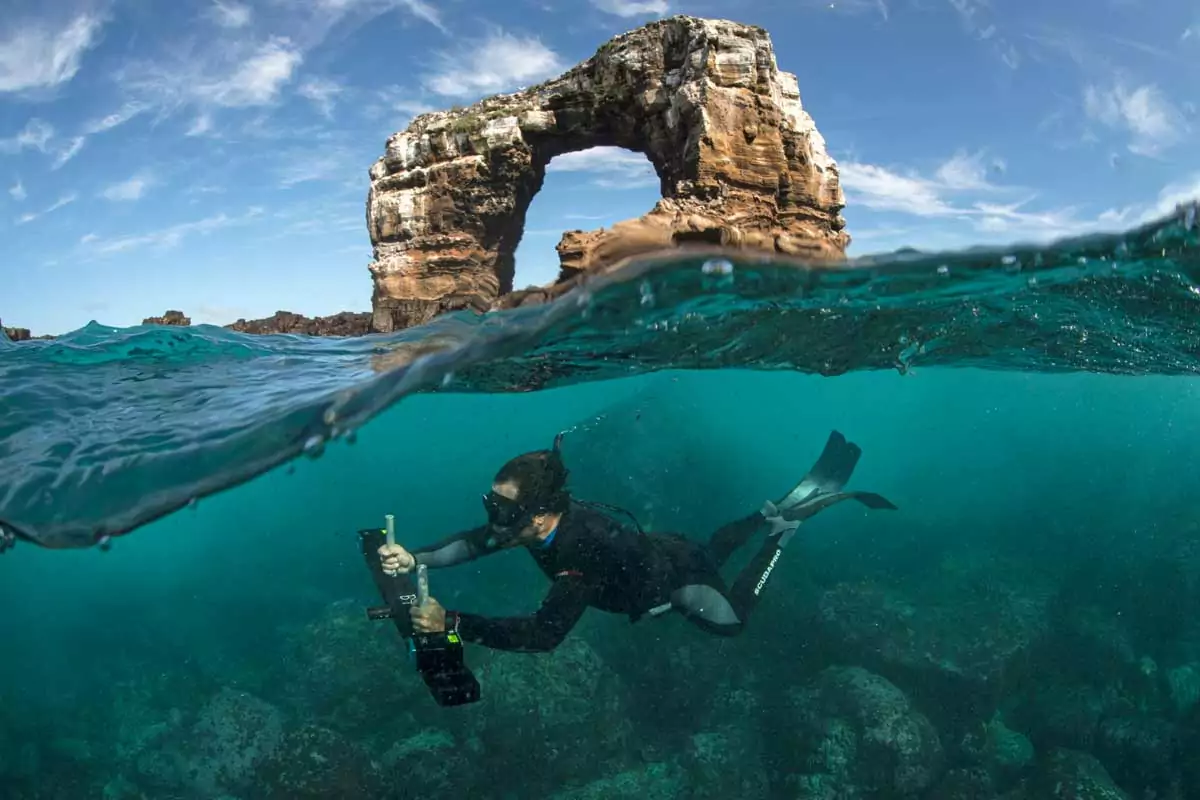
Ocean observations and monitoring form the basis of understanding of marine ecosystems and factors that influence them. Data from ocean observation and monitoring create the foundation for evidence-based decision-making and are an essential ingredient for effective marine and coastal management. Ocean observations provide crucial information on how human activities influence ocean health and what services the ocean provides to societies.
Table of Contents
Enhancing Capacity for Monitoring and Managing Ocean Activities
Repeated observations of key variables are used to monitor and changes, understand the natural variability of socio-ecological systems and assess effects of anthropogenic activities. This includes potential negative impacts of ocean uses but also assessments of the effectiveness of management and conservation measures. A systematic and well-designed approach to ocean observation thus significantly enhances the capacity to anticipate, mitigate, and rapidly respond to environmental crises, especially when coupled with operationalized, (near) real-time data and numerical models.
Applications of data from ocean observations and monitoring are far-reaching and support a range of sectors, including tourism, coastal protection, fisheries and conservation. One example is the automated monitoring through tidal gauges to support predictive modeling of flooding events and their impacts and avoid significant damage and the loss of coastal properties and infrastructure.
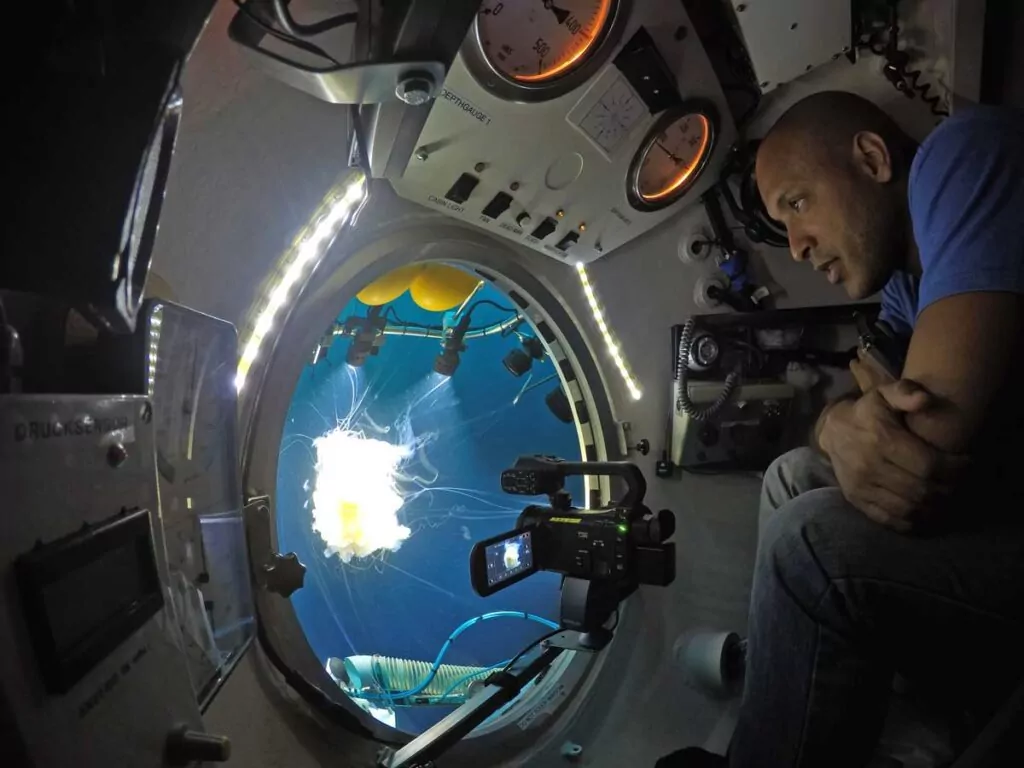
Investing in Ocean Observation for Sustainable Marine Resource Management
Despite the environmental, economic, social importance of ocean observation, many countries are lacking the financial and technical resources that are required for marine and coastal observations and long-term monitoring initiatives. By monitoring key variables and indicators, such as air and sea temperature, sea level, ocean acidity, species diversity, etc., we can gain valuable insights into the effects of climate change and other anthropogenic drivers on the ocean and take proactive measures to protect vulnerable marine species, ecosystems and coastal communities. In addition, enhanced ocean observation can provide valuable data for scientific research and policymaking, leading to more informed decisions for sustainable marine resource management.
By continuing to invest in ocean observation and continuous monitoring, we are not only protecting our ocean but are also securing a healthier future for all living beings on Earth. We may gain valuable insights into ocean acidification and trends in sea level rise, and into which impact this has on the status of marine biodiversity. This data is of utmost importance in formulating and implementing successful conservation measures and policies aimed at safeguarding our ocean and the wide range of marine species. Through prioritizing our efforts in ocean observation and monitoring, we are demonstrating a proactive approach towards the protection and conservation of invaluable marine resources, ensuring their sustainability for both present and future generations.
Sustainable Fishing Practices Through Ocean Observation
Many coastal communities worldwide depend on reliable information about fish stocks, catch quotas, bycatch, foodweb and ecosystem effects and good catch locations. Ocean observation thus supports economic growth and good ocean governance to make fisheries more sustainable and fair. Continuous ocean monitoring plays a key role in understanding the impacts of fishing on marine ecosystems and fish populations and preventing overfishing and the collapse of commercial stocks. By monitoring fishing activities and stocks, we can implement and adapt sustainable fishing practices to prevent the depletion of important species and maintain a healthy balance in marine food webs. This information is vital for creating effective fisheries management plans that promote long-term sustainability and support the livelihoods of coastal communities dependent on fishing. Prioritizing ocean observation in this area is essential for ensuring the well-being of our oceans and the future availability of fish resources.
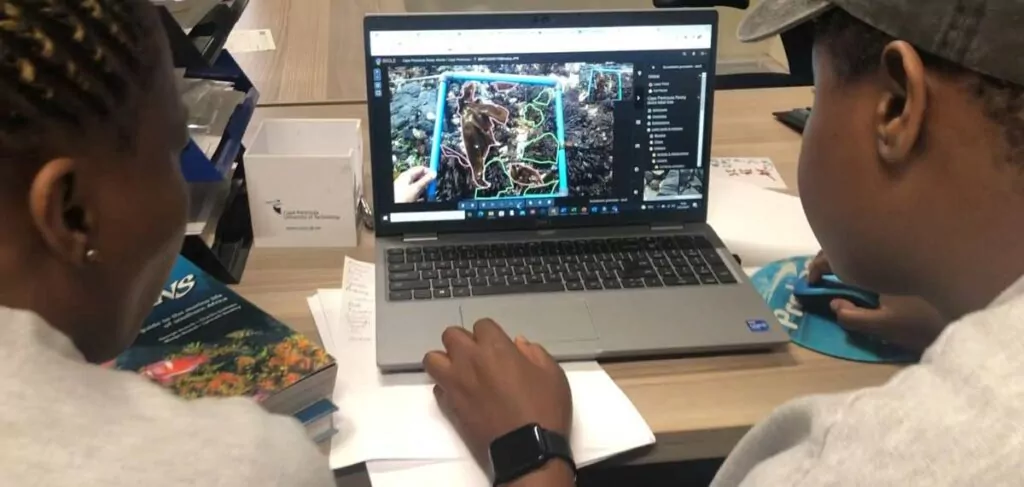
Detecting and Responding to Marine Pollution with Advanced Observation Technologies
Furthermore, continuous ocean monitoring can also be used to detect and respond to marine pollution incidents in a timely manner. By utilizing advanced observation technologies, we can identify sources of pollution, such as oil spills or chemical leaks, and take immediate action to minimize their impact on marine ecosystems. Effective monitoring and swift intervention can protect marine life, preserve coastal habitats, and prevent long-lasting damage to our oceans. Advanced ocean observation technologies can also help us monitor and understand the impact of plastic pollution on marine life. By tracking the movement and accumulation of plastic waste in our ocean, we can develop strategies to reduce plastic pollution and protect delicate ecosystems. Investing in cutting-edge observation tools will enable us to identify hotspots of plastic debris, assess the extent of the problem, and work towards innovative solutions for a cleaner and healthier ocean environment. Prioritizing ocean observation in this area is crucial for ensuring a cleaner, healthier environment for both marine species and human populations who rely on the ocean for their livelihoods.
Ocean Observation – The Future
Ocean observation and monitoring and our subsequent understanding has come a long way, however, our knowledge remains limited and many important management-related questions unanswered. To address this, we need to make use of innovative technologies, improved designs of variables and indicators and models to fill data and information gaps and make predictions about future scenarios.
The key is the use of the most appropriate sensors and instrumentation for automated ocean observation and the use of new technologies. To be effective and efficient, sensors and the resolution of data collection need to be matched to the objectives of the ocean observation and monitoring programme, and focus on measuring essential variables at the highest possible frequency, instead of trying to measure all possible variables. The work to develop or improve such technology is a constant balancing act of trade-offs between feasibility, sensitivity, robustness and cost-effectiveness. In fact, a step-change is expected in the coming years with weather forecasting being improved massively by incorporating ocean data, as has never been done to date.
Substantial progress has been made in the past decades towards standardizing data from ocean observations across countries and regions. This was achieved through international programmes, and best practices guidelines. Focus has been given to promoting free and easy access to data where possible. To support good ocean governance and fair use, data from ocean observing should be findable, accessible, interoperable and reusable.
Ocean modelling has become essential to understand complex ecosystem processes and make predictions about ocean-related events. Models have thus become integral tools for managers and the public, starting from reliable weather forecasting to managing activities of the Blue Economy. Substantial efforts are spent in developing ocean models, including those that aim to be “digital twins” of natural systems. Such models require frequent ground-truthing and verification by direct measurements and observations. Ocean observations must therefore strategically be used to support modelling approaches.

